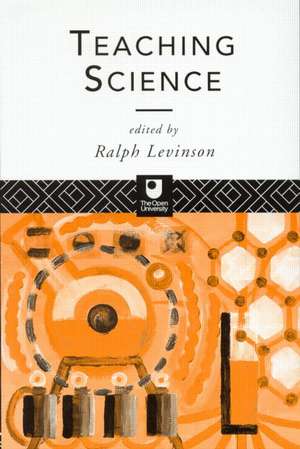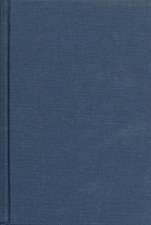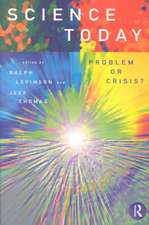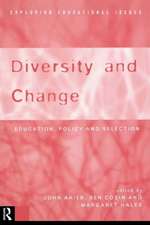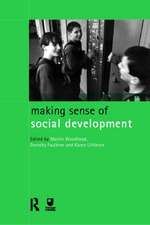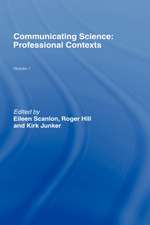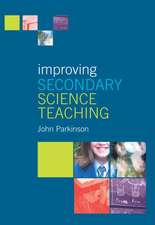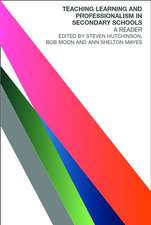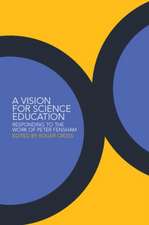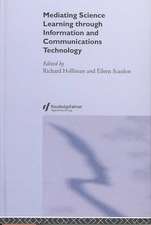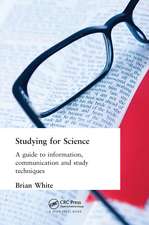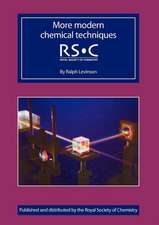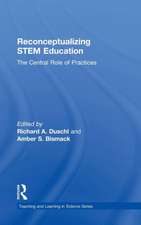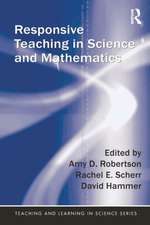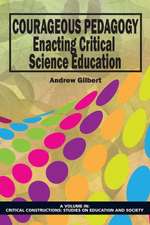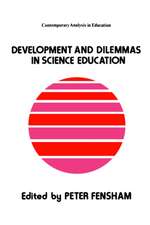Teaching Science
Editat de Ralph Levinsonen Limba Engleză Paperback – 2 dec 1993
| Toate formatele și edițiile | Preț | Express |
|---|---|---|
| Paperback (1) | 356.18 lei 6-8 săpt. | |
| Taylor & Francis – 2 dec 1993 | 356.18 lei 6-8 săpt. | |
| Hardback (1) | 1000.27 lei 6-8 săpt. | |
| Taylor & Francis – 14 dec 2016 | 1000.27 lei 6-8 săpt. |
Preț: 356.18 lei
Nou
Puncte Express: 534
Preț estimativ în valută:
68.15€ • 71.02$ • 56.43£
68.15€ • 71.02$ • 56.43£
Carte tipărită la comandă
Livrare economică 03-17 aprilie
Preluare comenzi: 021 569.72.76
Specificații
ISBN-13: 9780415102537
ISBN-10: 0415102537
Pagini: 224
Dimensiuni: 156 x 234 x 14 mm
Greutate: 0.45 kg
Ediția:New.
Editura: Taylor & Francis
Colecția Routledge
Locul publicării:Oxford, United Kingdom
ISBN-10: 0415102537
Pagini: 224
Dimensiuni: 156 x 234 x 14 mm
Greutate: 0.45 kg
Ediția:New.
Editura: Taylor & Francis
Colecția Routledge
Locul publicării:Oxford, United Kingdom
Cuprins
General introduction Part 1: The Science Curriculum: where from, where to? 1. The laboratory comes of age 2. Why the science curriculum changes Part 2: A picture of reality 3. Children's beliefs and classroom learning 4. Teaching about electric circuits: a constructivist approach 5. Pause for thought Part 3: The art of teaching in the science curriculum (and some practical ideas) 6. 'Well Mary, what are they saying here?' 7. Group discussions in the classroom 8. Chemical compositions 9. A variety of methods 10. Developing pupils' skills 11. Something to mop up with Part 4: Assessment: a way through 12. Assessing and evaluating in science education Part 5: Making science accessible to all 13. Gender differences in pupils' reaction to practical work 14. Teaching Chemistry to pupils for whom English in a second language part 6: Science education: a debate 15: Redefining and orientating practical work in school science 16. What is scientific method and can it be taught? 17. Practical work in science - a task-based approach 18. The overselling of science education in the eighties
Descriere
The articles collected together here examine the theories now used to explain how children learn science and how those theories can be translated into effective and stimulating teaching.
